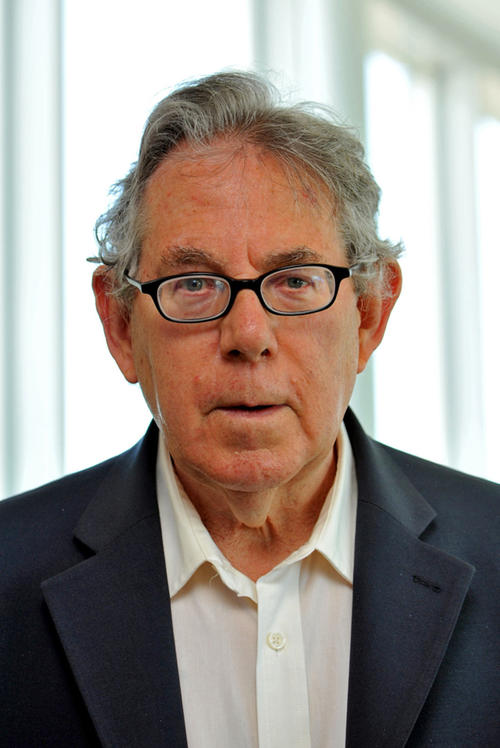7th Einstein Lecture Dahlem: Paul J. Crutzen
Atmospheric Chemistry and Climate in the Anthropocene
Jun 06, 2008
Despite their relatively small mass, 10-5 of the Earth's biosphere as a whole, generations of ambitious Homo sapiens have already played a major and increasing role in changing basic properties of the atmosphere and the Earth’s surface.
Human activities accelerated in particular over the past few hundred years, creating a new geological era, the Anthropocene, as already foreseen by Vernadsky in 1928: “… the direction in which the processes of evolution must proceed, namely towards increasing consciousness and thought, and forms having greater influence on their surroundings.”
During the 7th Einstein Lecture Dahlem on June 6, 2008, Crutzen will show how Vernadsky’s predictions have been surpassed. Human activities are affecting, and in many cases out- competing, natural processes, for instance, in causing the ozone hole, the rise of greenhouse gases with their impact on climate, urban and regional air pollution, and acid rain, with all their consequences for human and ecosystem health.
Paul J. Crutzen, born in Amsterdam in 1933, was trained as a civil engineer. In 1959 he enrolled at Stockholm University to study mathematics, mathematical statistics, and meteorology. His research is especially concerned with the natural and anthropogenically disturbed photochemistry of ozone. He was Director of Research at the National Center of Atmospheric Research in Boulder, Colorado from 1977 to 1980, and thereafter until his retirement in 2000, at the Max Planck Institute for Chemistry in Mainz. He continues to conduct research at Scripps Institution of Oceanography. Crutzen was awarded the Nobel Prize for Chemistry in 1995.

